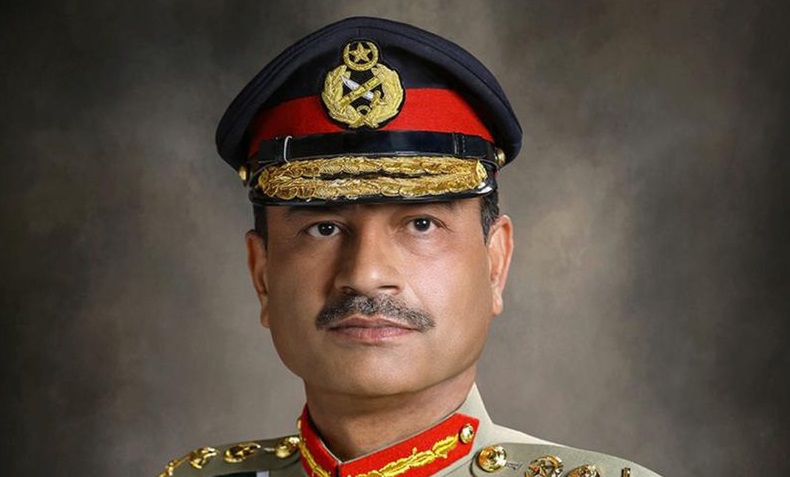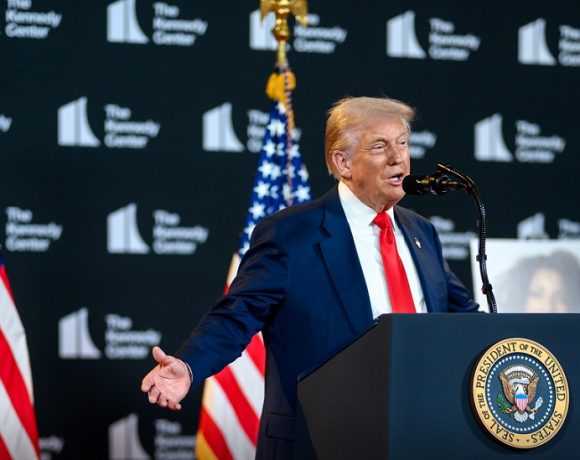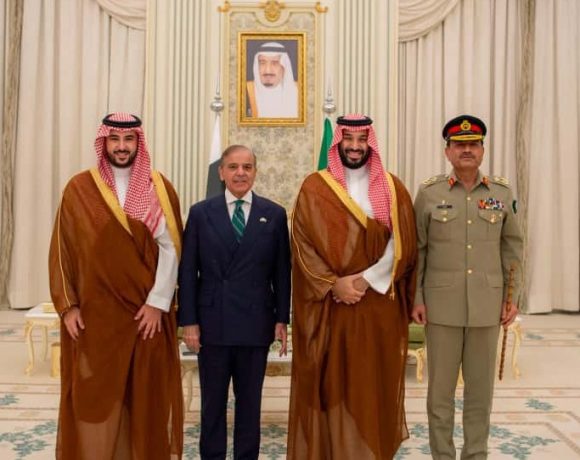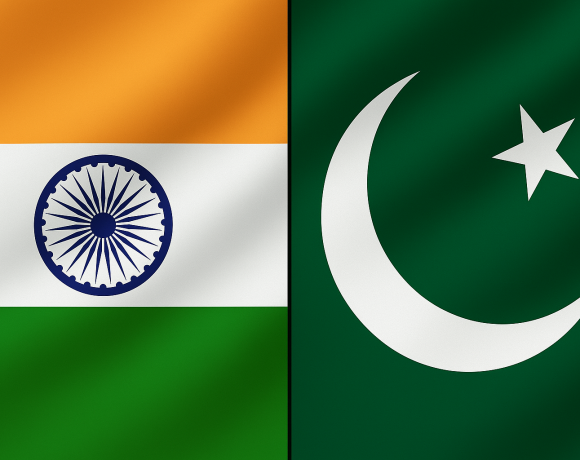
Pakistan Army Chief Asim Munir Invited to US Army Day
In a move that is already stirring diplomatic commentary, Pakistan Army Chief General Asim Munir, recently elevated to the ceremonial rank of Field Marshal, has reportedly received an invitation from the Trump administration to attend the 250th U.S. Army Day celebrations on June 14 in Washington, D.C. The development has prompted sharp reactions in India and drawn fresh attention to America’s military diplomacy in South Asia.
Symbolic Invite During a Sensitive Time
The invitation comes just weeks after the May 7–10 military clashes between India and Pakistan, referred to as Operation Sindoor by Indian authorities. The conflict saw large-scale drone and missile exchanges following a terror attack in Pahalgam, which India linked to Pakistani-based actors. Munir’s invitation is therefore seen as politically and symbolically sensitive.
Munir is expected to attend a grand parade involving 6,600 U.S. troops, over 150 military vehicles, and 50 aircraft, alongside other top-ranking military officials. Diplomatic sources suggest the visit may also include closed-door discussions at the Pentagon and State Department, reinforcing Washington’s longstanding effort to maintain military ties with Pakistan, even as it deepens partnerships with India.
U.S. Balancing Act in South Asia
The move reflects America’s attempt to walk a tightrope between two nuclear-armed rivals. U.S. officials have maintained that Pakistan remains a “key counterterrorism partner,” and that military dialogue supports regional stability.
CENTCOM commander Gen. Michael Kurilla recently described Pakistan as a “phenomenal counter-terrorism partner,” despite growing U.S. frustration over Islamabad’s ambiguous role in sheltering terror networks with regional impact.
Analysts say this outreach could serve multiple strategic purposes:
- Apply pressure on Pakistan to crack down on groups targeting Indian and Afghan interests.
- Offer incentives to counterbalance growing China–Pakistan military and economic alignment.
- Keep open lines of engagement as the U.S. recalibrates its South Asia policy post-Afghanistan.
Political Backlash in India
In India, the invitation has triggered immediate backlash. Congress leader Jairam Ramesh termed it a “diplomatic setback”, particularly given Munir’s inflammatory comments just days before the Pahalgam terror incident. He questioned why the U.S. would extend ceremonial and political legitimacy to a figure widely seen in India as an enabler of cross-border hostilities.
Opposition leaders have urged the Indian government to convey strong objections through formal diplomatic channels and to seek clarity from Washington on its South Asia stance.


















